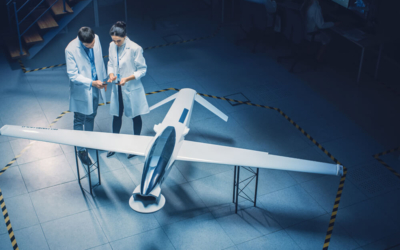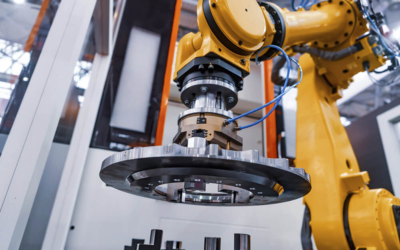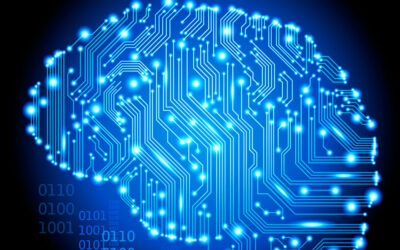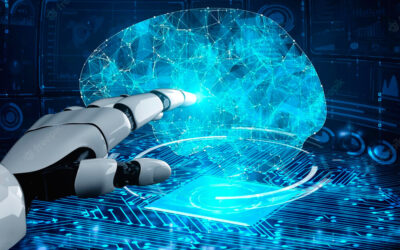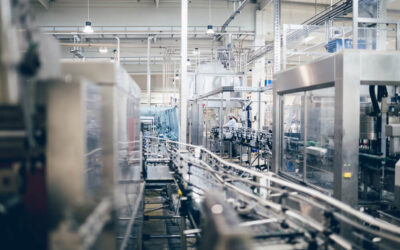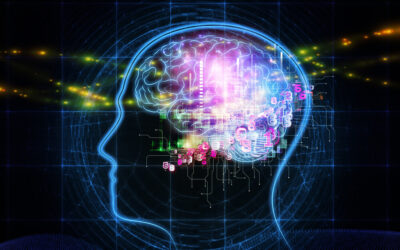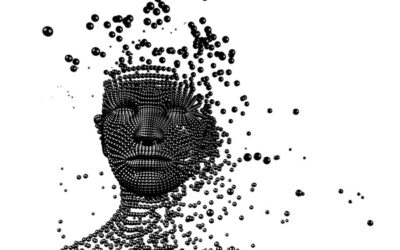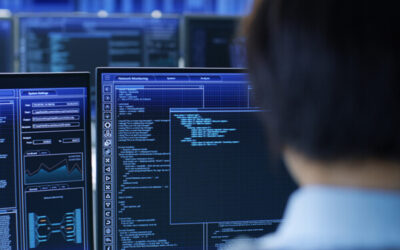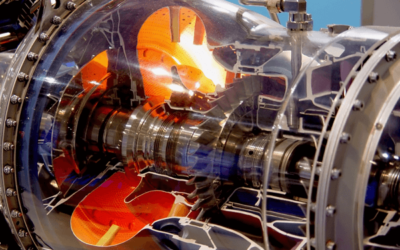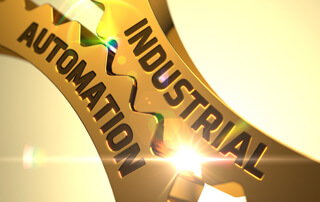As technology evolves, so too does manufacturing within the aerospace sector. These technologies are catalyzing advancements in test solutions, board electronics, mechanical systems, IoT, AR applications, and more in aerospace manufacturing. The introduction of 3D printing in aerospace has also enabled more efficient creation of complex and customized components, significantly impacting cost and weight parameters. This technological convergence is not just redefining processes but also reimagining the future of the aerospace industry.
Blog
Artificial Intelligence
Disruptive Future Industrial Equipment Technologies
All Content, Artificial Intelligence, Automotive, Digital Manufacturing
The industrial equipment sector has been an important aspect of the world economy for a long time. It encompasses a wide range of products and services, including heavy machinery, tools, and automated systems, which are widely used in various industries such as manufacturing or construction.
Questions to Ask When Planning a Digital Transformation Strategy
All Content, Artificial Intelligence, Digital Manufacturing, Research
A digital transformation is a must for companies to stay competitive in today’s complex and turbulent market. Going digital can make companies much more profitable and enable technologies that increase resilience and adaptability. Nevertheless, going digital is a challenge. In order for the transition to go smoothly, it must be planned out very well. To help you plan your transformation, consider a few important questions before embarking on this important project. Digital transformation companies can facilitate the process.
The Role of Artificial Intelligence in Digital Transformation
All Content, Artificial Intelligence
Recent developments in the area of artificial intelligence are causing a shift in the digital transformation of many companies. While interest in AI has been long-standing, many companies and managers have struggled to understand how this new technology can really help them take their business to the next generation. Now, we’re starting to see feedback and data that help put all of this in perspective.
AI’s Impact on Global Economy and Industrial Markets
All Content, Artificial Intelligence, Digital Manufacturing, Research
From virtual assistants that can answer questions, to autonomous drones that can fly and unpack boxes, AI is transforming the way we work and the tools we use in our everyday jobs. The Tech giants are driving the adoption of advanced technologies in industry verticals thanks to continuous research and innovation.
Artificial Intelligence Trends Changing the Industrial Landscape
All Content, Artificial Intelligence, Digital Manufacturing
With 91.5% of leading businesses investing in AI on an ongoing basis, companies that refuse to embrace the future may find themselves being outpaced by competitors. As artificial intelligence offerings continue to expand, companies will need to increase their use of technology in the workplace to maintain relevancy in the competitive industrial sector.
How Is AI Impacting Manufacturing in 2022?
All Content, Artificial Intelligence, Digital Manufacturing
By 2030, it’s thought that AI will make up $15.7 trillion of the global economy, and it is expected to have a particularly profound impact on manufacturing in the coming years. Here is how AI is shaping the manufacturing sector in 2022 and beyond.
How AI Will Revolutionize Education in the 21st Century
All Content, Artificial Intelligence, Research
Artificial intelligence is changing how experts in engineering, aerospace, and energy interact with their work. And the same technology that students will later use in the field can teach them the skills they need to begin their careers. From streamlining the learning process to keeping learners engaged, AI will revolutionize education for the next generation of innovators.
AI-Powered Trends in Machine Condition Monitoring
All Content, Artificial Intelligence, Digital Manufacturing, Research
Artificial intelligence is more accessible than ever before. It’s also more useful than ever thanks to new applications for businesses of all kinds, including industrial companies. One such application of AI is machine condition monitoring. By tracking a machine’s condition through sensors, AI-based software can predict when a machine will need maintenance and even take action to prevent failures. We expect this technology to continue to spread as more companies adopt it. Here are some of the trends to follow.
Predict Problems Before They Happen With AI Equipment Monitoring
All Content, Artificial Intelligence, Digital Manufacturing, Research
Artificial intelligence is no longer a sci-fi trope, it’s real and it’s here. Even though you mostly hear about AI in the service sector, engineers have found ways to leverage AI for industrial businesses as well. One of the most effective applications for AI in industry is equipment condition monitoring. You don’t even need to buy new equipment to access this powerful technology. Here’s how it works and what you need to take your business into the future.
AI’s Impact on Aerospace in the Next Decade
Aerospace and Defense, All Content, Artificial Intelligence, Research
Artificial Intelligence (AI) is much more than a buzzword. Machine learning algorithms coupled with massive databases are making it possible for companies to surge forward in a fraction of the time it would take engineers with just a pen and paper. In particular, the aerospace industry is beginning to tap into the potential of AI. We expect some major leaps forward in the next decade thanks to AI. Here are some of the breakthroughs you can expect to see.
9 Important Industrial Automation Trends for 2021
All Content, Artificial Intelligence, Digital Manufacturing
Despite a challenging year that saw many companies experience significant setbacks, the future of manufacturing looks brighter as more organizations adopt various industrial automation services. This move is a step in the right direction as it helps organizations significantly reduce their operation costs by cutting back on the need for manual labor and hastening mass production processes.

